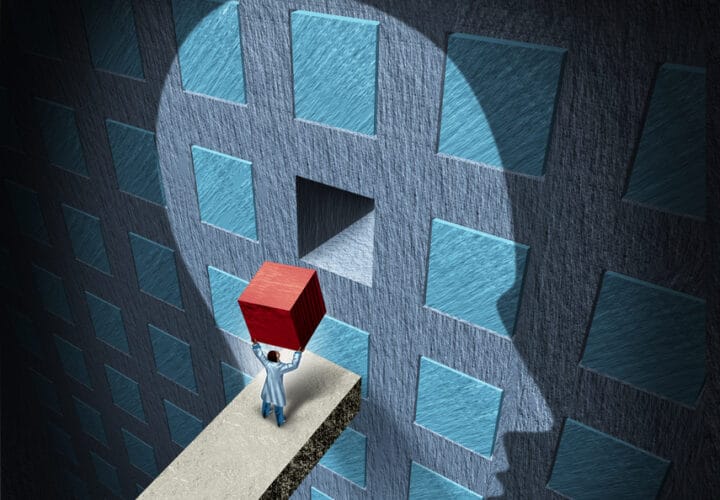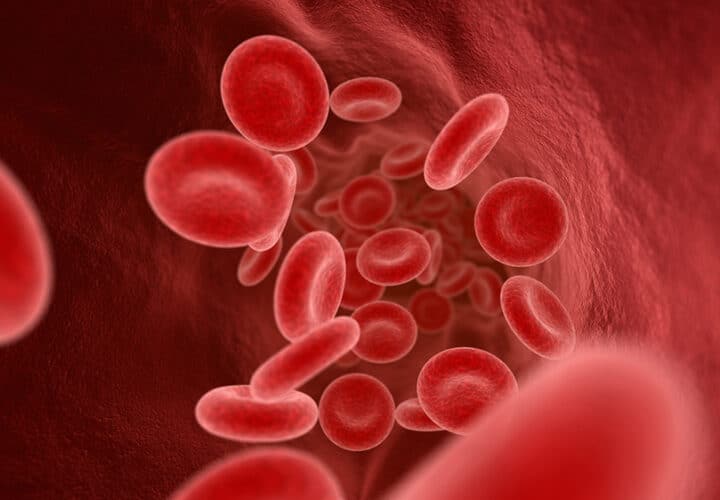The MoCA was never meant for general use and it requires a health professional to monitor the test and interpret the results.
When Donald Trump aced a cognitive test in January, scores of people tried to take it, too, based mostly on media reports that invited them to match wits with the president. Casual users puzzled over line drawings of animals, while others wondered what it meant if they were bad at subtracting by sevens.
That was a mistake, according to the scientist who created the Montreal Cognitive Assessment, or MoCA, a popular screening tool designed to spotlight potential problems with thinking and memory. The MoCA was never meant for general use and it requires a health professional to monitor the test and interpret the results.
Media coverage challenged people “to test yourself to see if you fare as well as Mr. Trump, but that wouldn’t give them the accurate response,” said Dr. Ziad Nasreddine, the Lebanese-Canadian neurologist who holds the copyright to the MoCA. “You need a trained person to administer this test.”
But with interest in the test so high, Nasreddine and his colleagues saw an opportunity. Weeks after Trump posted his perfect MoCA score (30/30), the researchers started working on a new tool, dubbed the “mini-MoCA,” an online, self-administered exam for people worried about possible cognitive decline.
“We thought, ‘OK, why shouldn’t we take the lead and develop the test?’” said Nasreddine, who had been pondering such a move for several years. “It’s good timing to offer something for families and concerned individuals that they can self-test themselves.”
Such a test could potentially expand detection of mild cognitive impairment, or MCI, the earliest stage of dementia. Up to 1 in 5 people age 65 and older have MCI, and more than half progress to dementia within five years.
Learning about problems early allows affected people to arrange their finances, seek out clinical trials and otherwise make plans for future care, said Heather Snyder, senior director of medical and scientific operations for the Alzheimer’s Association.
“I’d do big picture and talk about why early detection is so important,” she said.
But several screening tests — more than a dozen — are available. None of them provides a definitive diagnosis and, like them, any new web-based self-assessment, including the mini-MoCA, could have its limitations, experts suggest.
“Is it a good idea? I think there’s some value for people to get some sense of how they’re doing,” said Dr. James Galvin, founding director of the Comprehensive Center for Brain Health at Florida Atlantic University. “But whatever result comes out of a test, they still need to discuss it with a health professional to put it in perspective.”
Much of the mini-MoCA’s success will depend on how the new tool is designed. It must be sensitive enough to highlight potential problems, but not so broad that it generates high numbers of false-positive results, said Dr. Dean Foti, a clinical assistant professor of neurology at the University of British Columbia.
“You have to really consider being overly sensitive and causing unnecessary anxiety in people,” he said.
Nasreddine said his team is working now to validate the mini-MoCA, which will be a scaled-down version of the original tool. The MoCA was developed more than 20 years ago to help detect MCI. It has been translated into several versions and multiple languages and is used in all of the National Institute on Aging’s Alzheimer’s Disease Centers.
The original MoCA is a 10-minute, 30-question exam. Instead, the mini-MoCA will be a five-minute, six-question test, Nasreddine indicated. Like the original test, it will include exercises focused on naming objects and animals, verbal fluency, calculation, clock time, abstraction and memory.
And, like the original, if people score fewer than 26 of 30 possible points, they’d be urged to consult a doctor for further screening.
Nasreddine is testing the first version of the mini-MoCA in 50 patients at the Neuro Rive-Sud memory clinic, comparing their scores on the new test with those from the original exam, long regarded as a valid screening tool for MCI.
If the results are good, he’ll move to a second stage with more patients and stricter criteria.
All told, the process could take up to eight months. Nasreddine is considering charging $1 or $2 per test to fund future research. Many tests that screen for dementia are free.
“We have to make sure that the precision and the purpose of the test are well-explained to the public with the limitations for interpreting the results,” Nasreddine said. “I think it will be a useful tool for the public to help guide and inform them about their cognition.”
KHN’s coverage of end-of-life and serious illness issues is supported in part by the Gordon and Betty Moore Foundation.



